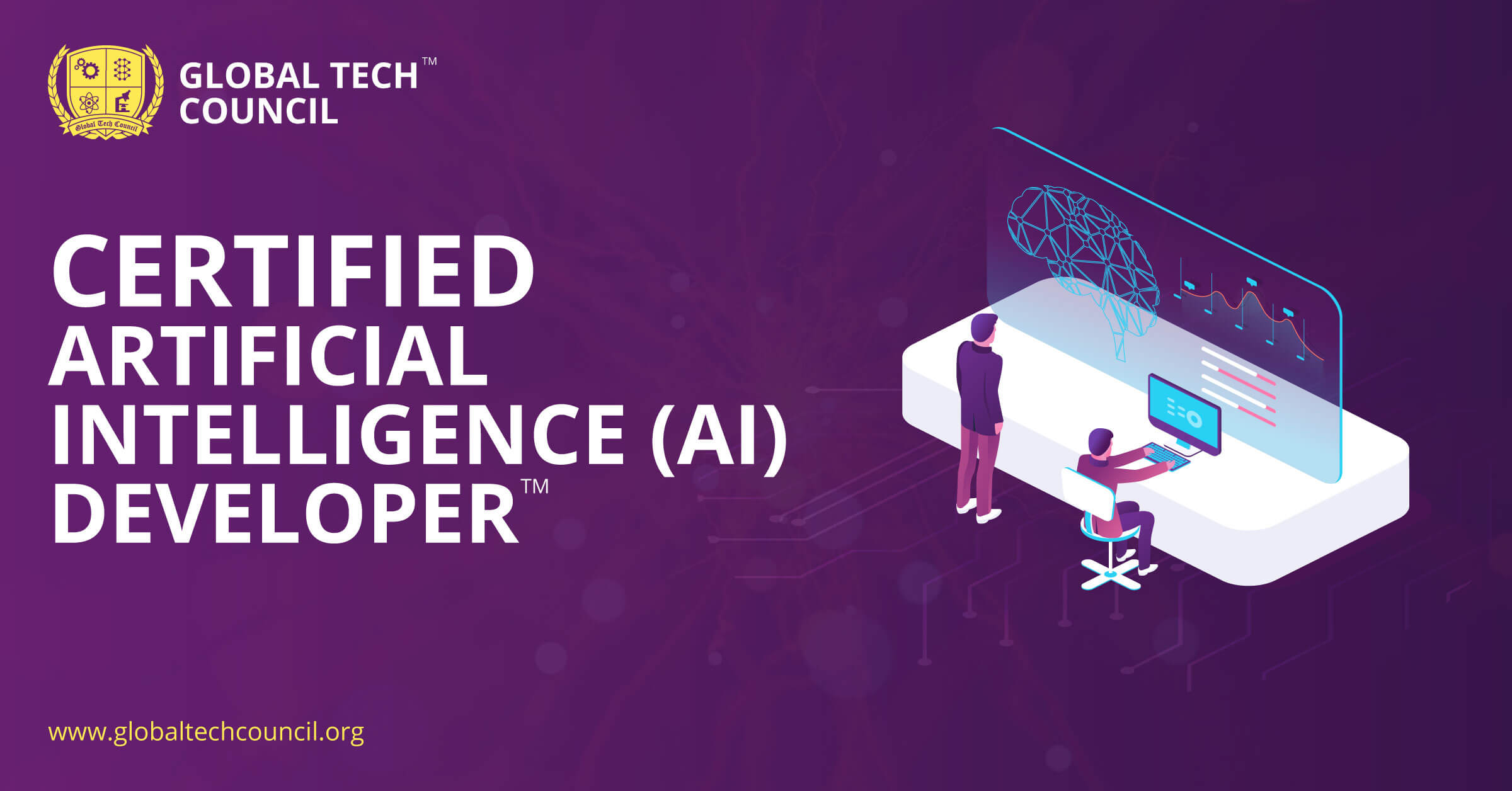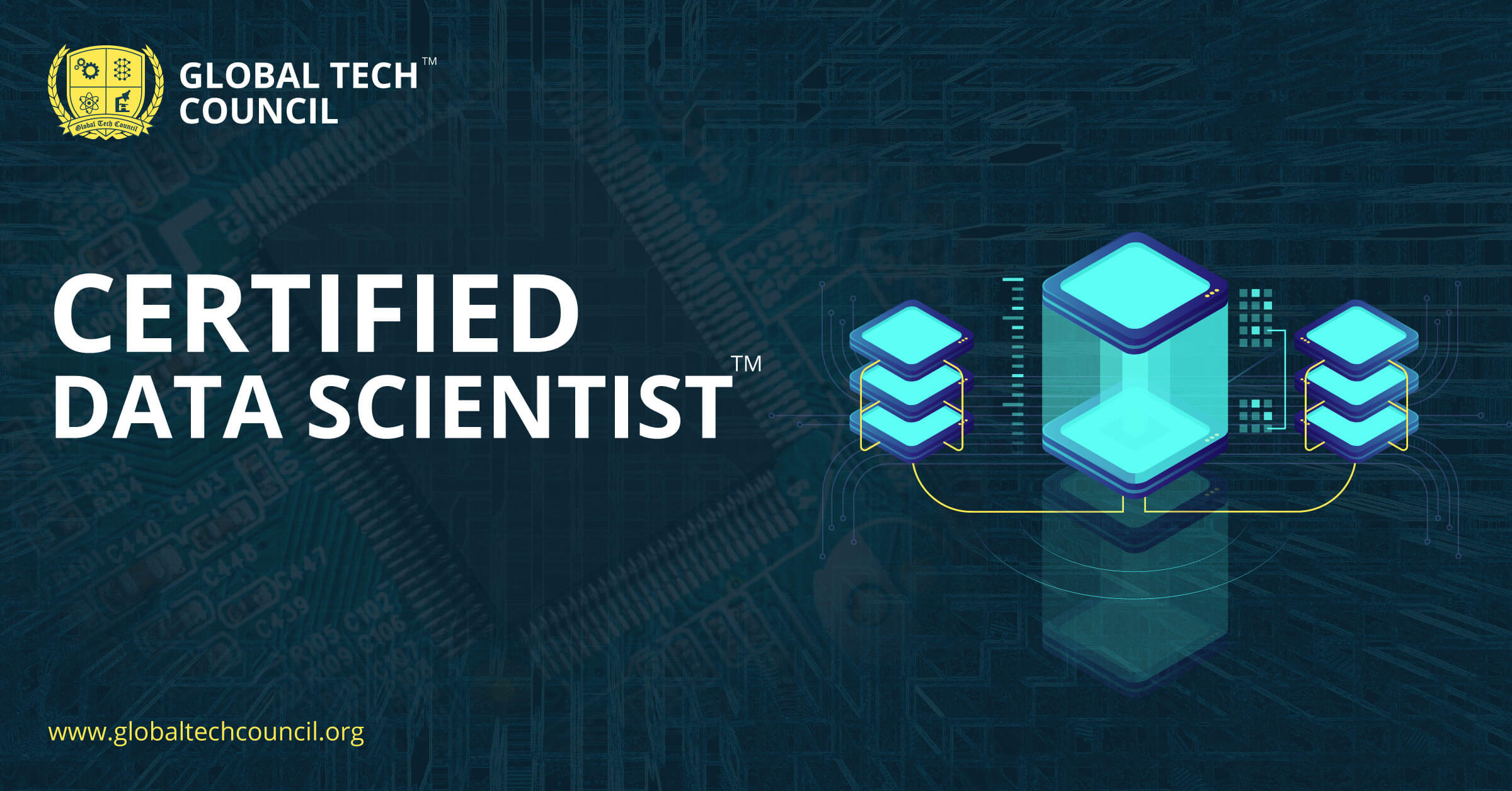Moving on from the age of information, as we step into a new era of Artificial Intelligence, it is the intelligence drawn out of the data and information that will be utilized to build solutions for the greater good of common citizens and not just the data itself. With a vast, IT talent pool; freedom from legacy assets; the highest rate of data consumption and rapid digitization across all sectors, India is very well positioned to usher in the AI era. The exploitation of this technology is the key to realizing the aspirations of building a digital economy and India is leading the trend from the forefront, having implemented and perfected the automated AI processes across sectors. To give a better perspective, India ranks third after Singapore and Hong-Kong in the Asia Pacific region, in terms of artificial intelligence readiness, reported in a study by Salesforce. Nonetheless, making an allowance for the fact that AI is still at a very nascent stage, its ethical capabilities are still unknown.
Now in order to get a better understanding of ethics in AI let’s consider these hypothetical situations.
Imagine you are out in the market and your AI enabled smart fridge sends you a notification of grocery items getting over in the fridge. You receive the notification, pick-up those items on your way back and replenish your fridge – a deeply connected world, forming a network of devices communicating with each other, facilitated by IoT and AI.
While this is a utopian perspective of the future of AI, let’s consider another example – an AI-enabled self-driving car runs over a woman trying to cross the road, claiming her life. Although the driver is in the car, AI was in full control. In this scenario, who is to be held responsible for the death of the woman? The manufacturers of the onboard sensory equipment; Designer of the AI system or the person behind the wheel! AI allows machines to ‘learn’ from data and make decisions, without being explicitly programmed.
While these narratives only form the tip of the iceberg that AI is; moving on it is projected that AI enabled machines will make decisions and take actions, analyzing data and information fed into the program, in addition to running assigned errands. Basically, machines powered by AI can not only act but also understand and analyze.
Making an allowance for these hypothetical situations, the world of technology is divided into two categories, where one foresees a utopian future with AI and the other predicts a dystopian future with AI. The believers of a dystopian future with AI assume that machines will take over or completely substitute humans. However, optimists believe that AI is a revolutionary technology with immense potential. As a matter of fact, AI is still at a very nascent stage and the opportunities it could unravel is still ambiguous.
However, despite AI’s promises of a bright future, the risks associated with it cannot be ignored and needs appropriate and effective mitigation. For instance, the socio-technical environment in which the AI systems are embedded needs to be more trustworthy. Such an endeavor would not only maximize the benefits of AI systems but would also minimize the associated risks.
The trustworthiness of AI systems depends on three key components of the system’s lifecycle viz. lawfulness, compliance with the laws and regulations of the land and it should be robust, both from technical as well as from social perspective because even with good intentions, AI systems can cause unintentional harm.
These components are essential to make the socio-technical environment trustworthy, but they are not sufficient to achieve the desired results. In an ideal situation, all three components are supposed to work in harmony with each other, however, in reality, there may be disagreements between each department. It is our individual and collective responsibility as a society to work towards ensuring that all three components help to secure Trustworthy AI.
Following trustworthiness is the induction of fairness in AI systems. This requires the development of analytical techniques to detect and remove bias and facilitate human review and domain experience, by attracting diverse AI talent pool and impacting recommendations.
Reliability and safety of AI systems is another vital aspect that needs serious considerations. This encompasses evaluation of training data and tests, monitoring of ongoing performance, designing for unexpected circumstances – including nefarious attacks and keeping humans in the loop.
Considering the fact that AI thrives on data and information, data privacy and security is of utmost importance too. In order to achieve that, it’s mandatory for the AIU systems to abide by existing privacy laws, provide transparency about data collection and use, and good controls so people can make choices about their data, design systems to protect against bad actors and use de-identification techniques to promote both privacy and security.
Another important factor that could impact AI ethics is inclusiveness. This encompasses inclusive design practices to address potential barriers that could unintentionally exclude people, enhance opportunities for those with disabilities, build trust through contextual interactions, and bring in EQ in addition to IQ. Inclusiveness also entails transparency – people should be able to understand the decision making procedure through contextual explanations. This would raise awareness of potential bias, errors and unintended upshots.
By inducing trustworthiness; reliability & safety; privacy & security and inclusiveness, AI systems can be made more human-centric and designed to work towards human welfare. With all of these factors inducing ethics in AI, it is predicted that AI could bring about qualitative progress and innovation, not only augmenting individual well-being but society as a whole. To give a better perspective, AI could play a constructive role in the UN Sustainable Development Goals by rationalizing the use of natural resources, tackling climate change, enhancing health, mobility and production processes and supporting how we monitor progress against sustainability and social cohesion indicators.
With this at the background, the way forward is to bring together industry leaders, global academic researchers, and policymakers, to understand the relevance and implications of ethical considerations in AI implementation in India. Research institutes and government funding agencies can play a vital role in designing and developing large-scale interdisciplinary studies in AI. Treading on these line-of-thoughts, India’s NITI Aayog recently drafted a strategy for AI where it suggests creating a National AI Market (NAIM).
AI is counted amongst the most innovative technologies of today and it is here to stay. Every interaction could become an opportunity if businesses could leverage data and machine learning. It could improve business ROIs by redirecting spends and talent into areas, where outreach and engagement are crucial, along with optimizing margins. Nonetheless, all of this should be done within the ambit of the highest ethical standards!
About Rajan S. Mathews

Director General – Cellular Operators Association of India (COAI) – India’s largest Communications Industry Association.
Prior to joining COAI as DG in April 2010, Rajan served in many senior executive positions such as CEO, COO and CFO of such major companies as AT&T Wireless, Birla-AT&T (now IDEA), Telargo (a JV of NTT DoCoMo), Afghan Wireless, Call Sciences, , and as a senior financial executive at Beatrice International, Columbia-Tri Star Pictures, and Pricewaterhouse Coopers.
Rajan specializes in international operations and start-up ventures, turn-arounds, mergers & acquisitions and venture financing. He assisted in raising over $1.5 billion of financing for companies through public and private offerings of equity, debt, and private placements. He has managed companies in such diverse palaces as the USA, Afghanistan, India, UK, France, Germany, Belgium Taiwan, and Hong Kong.
Rajan has served and continues to serve on the boards of several for-profit and non-profit organizations. He earned both his Master of Business Administration (Finance & Accounting) and Master of Arts (Economics) degrees from Rutgers University (USA) and he is a CPA from the State of New Jersey, USA.



Leave a Reply